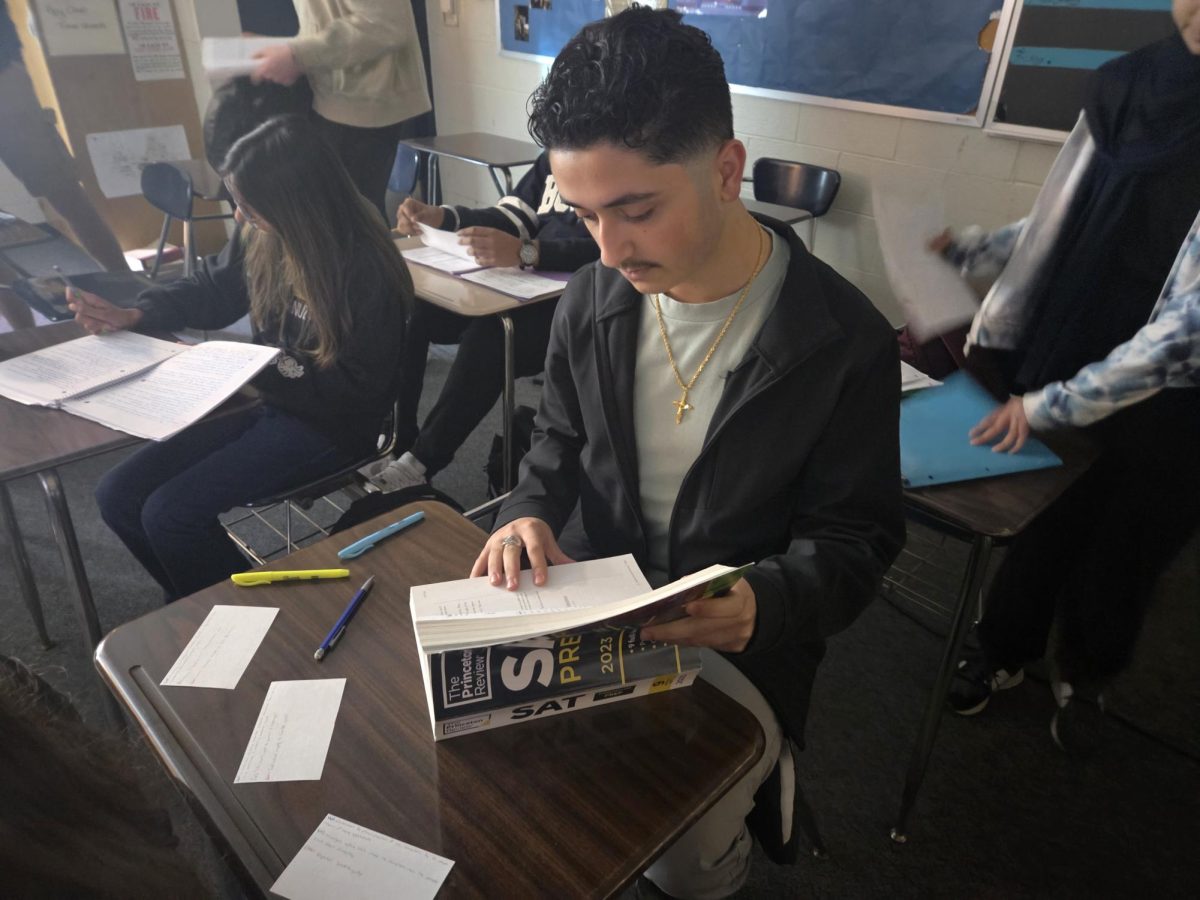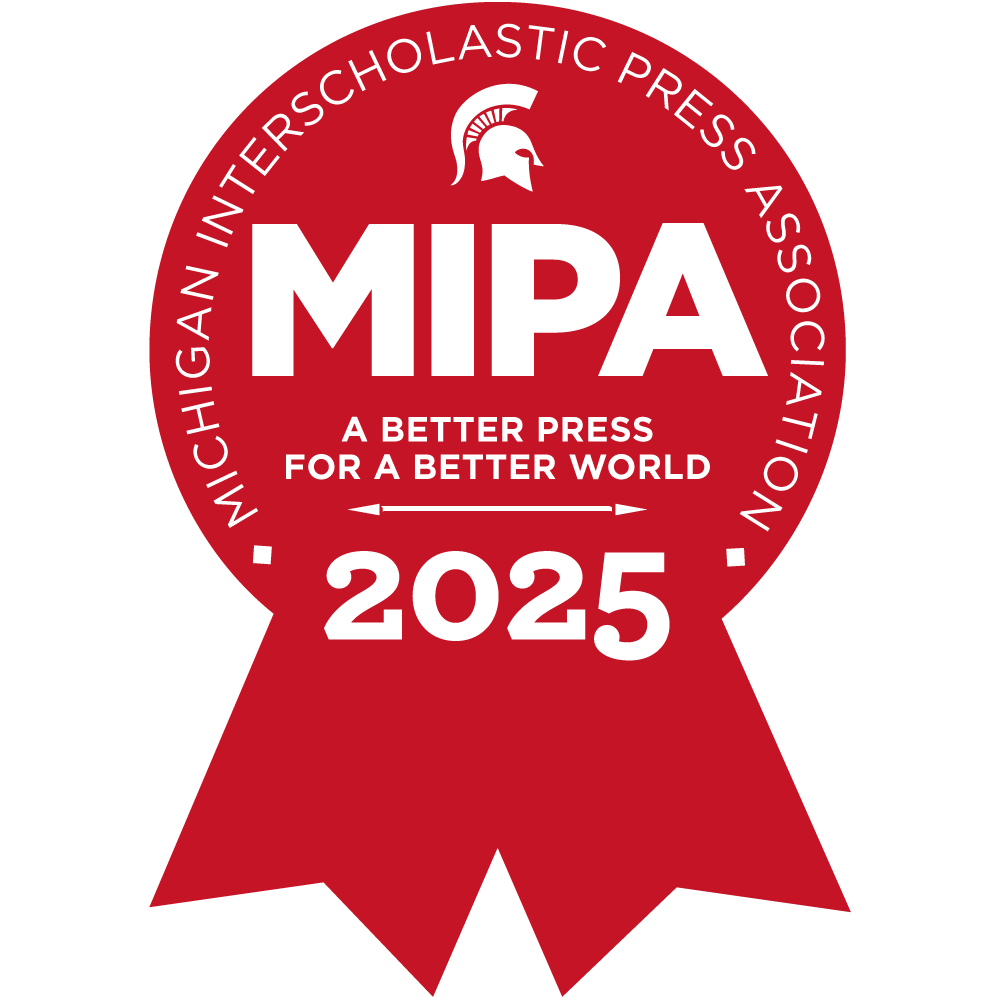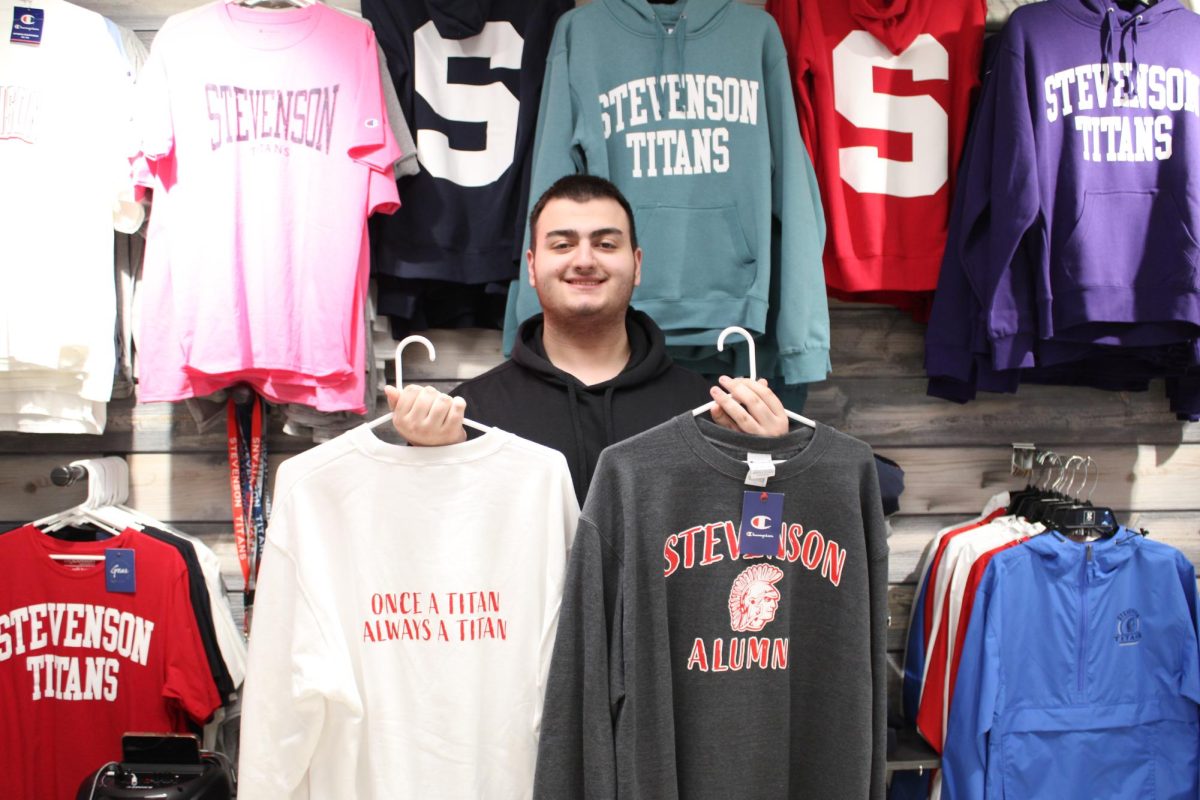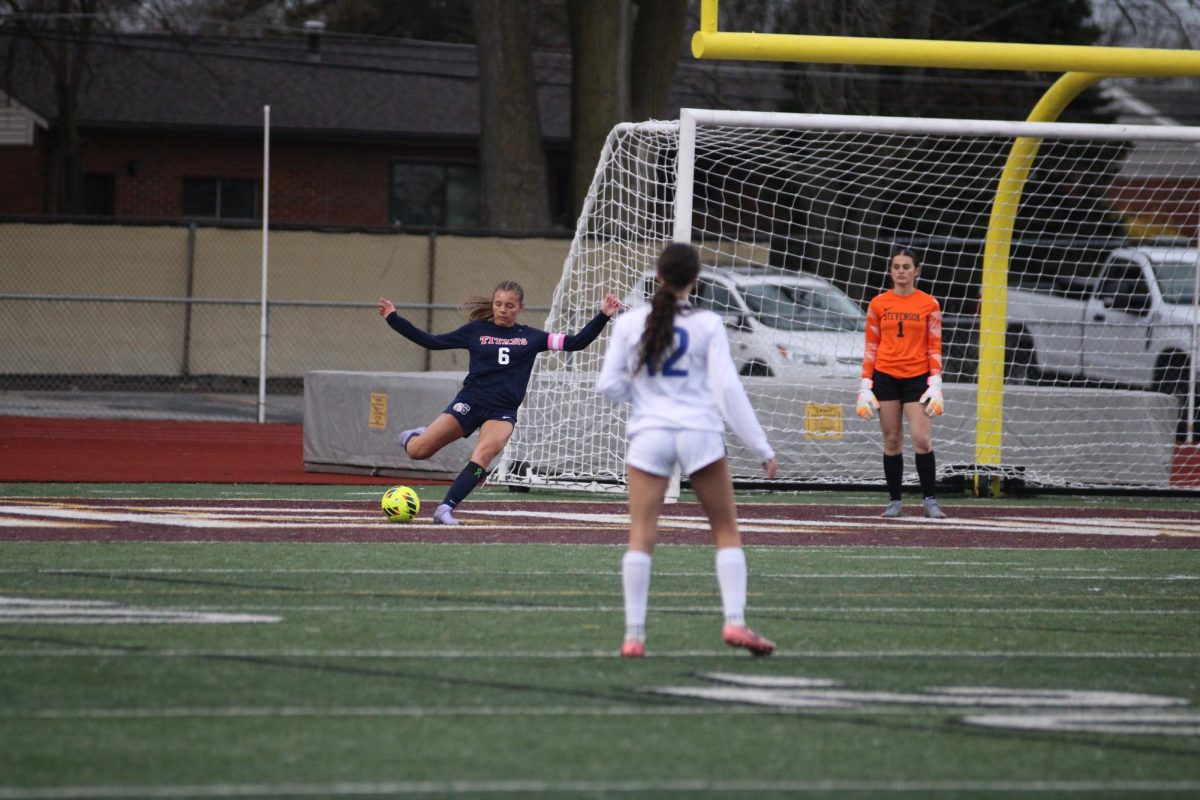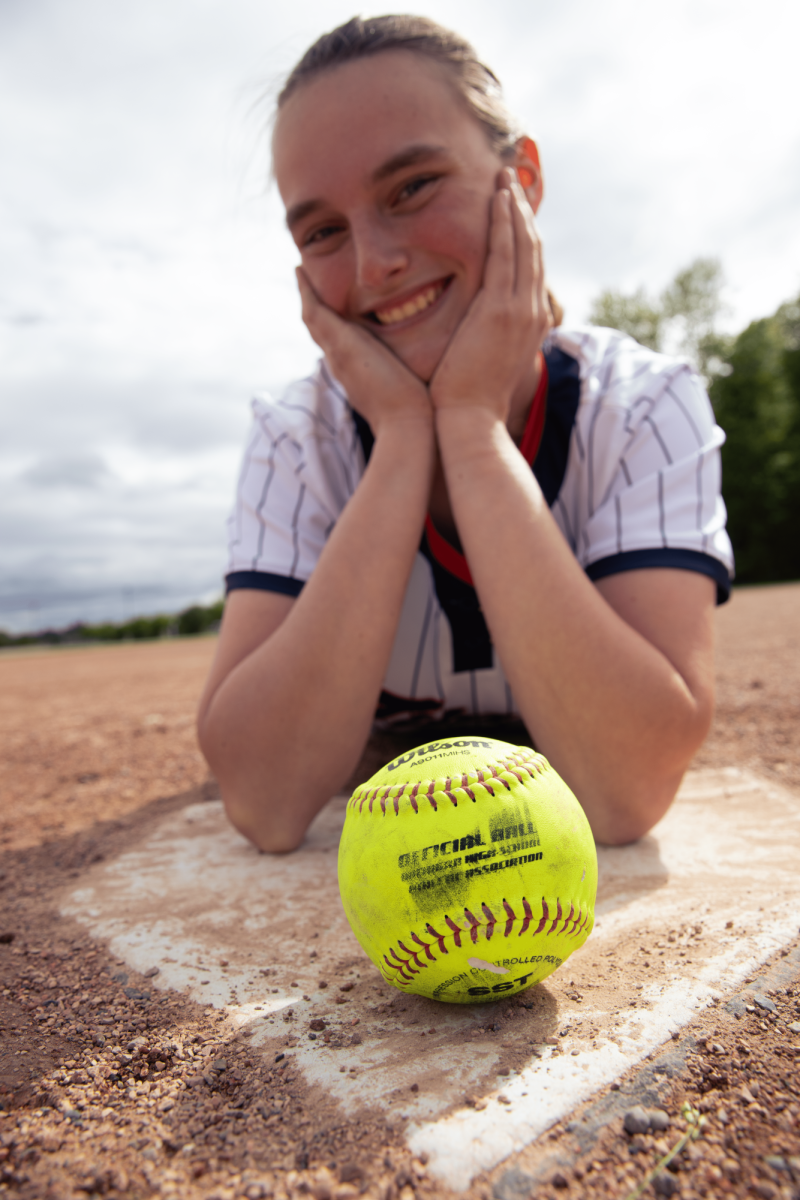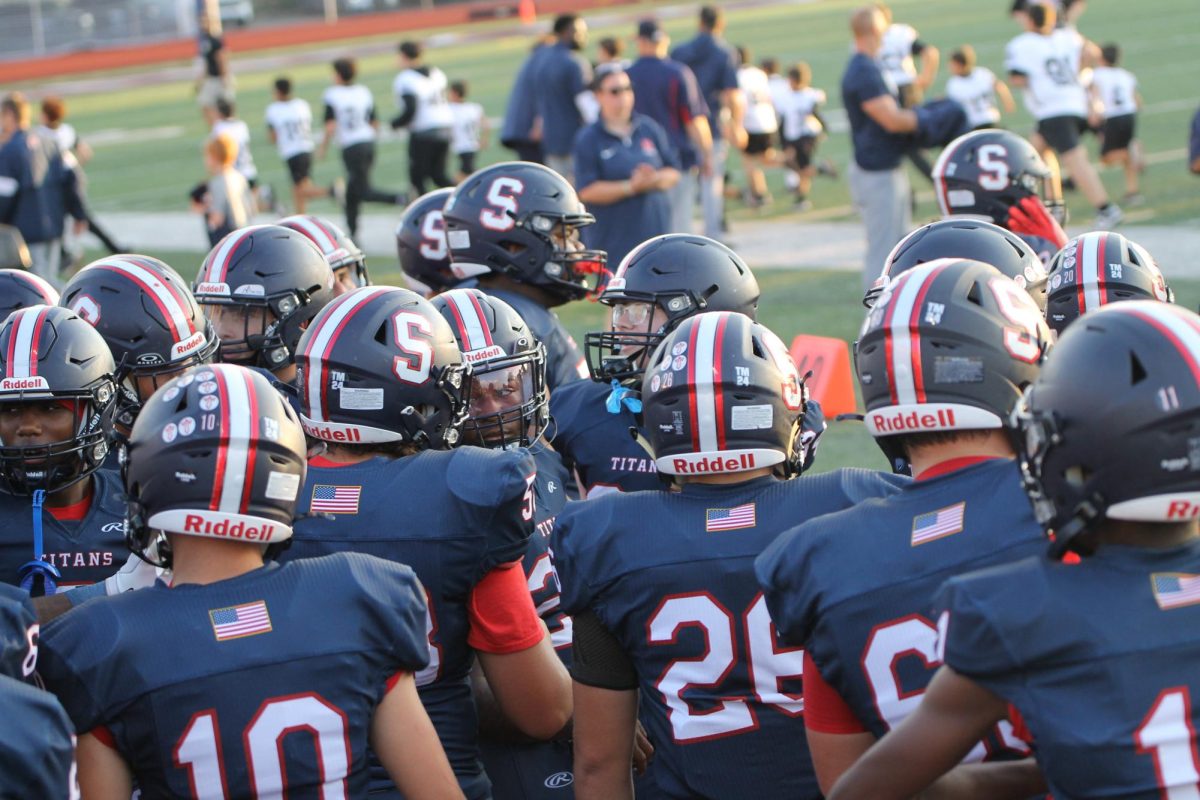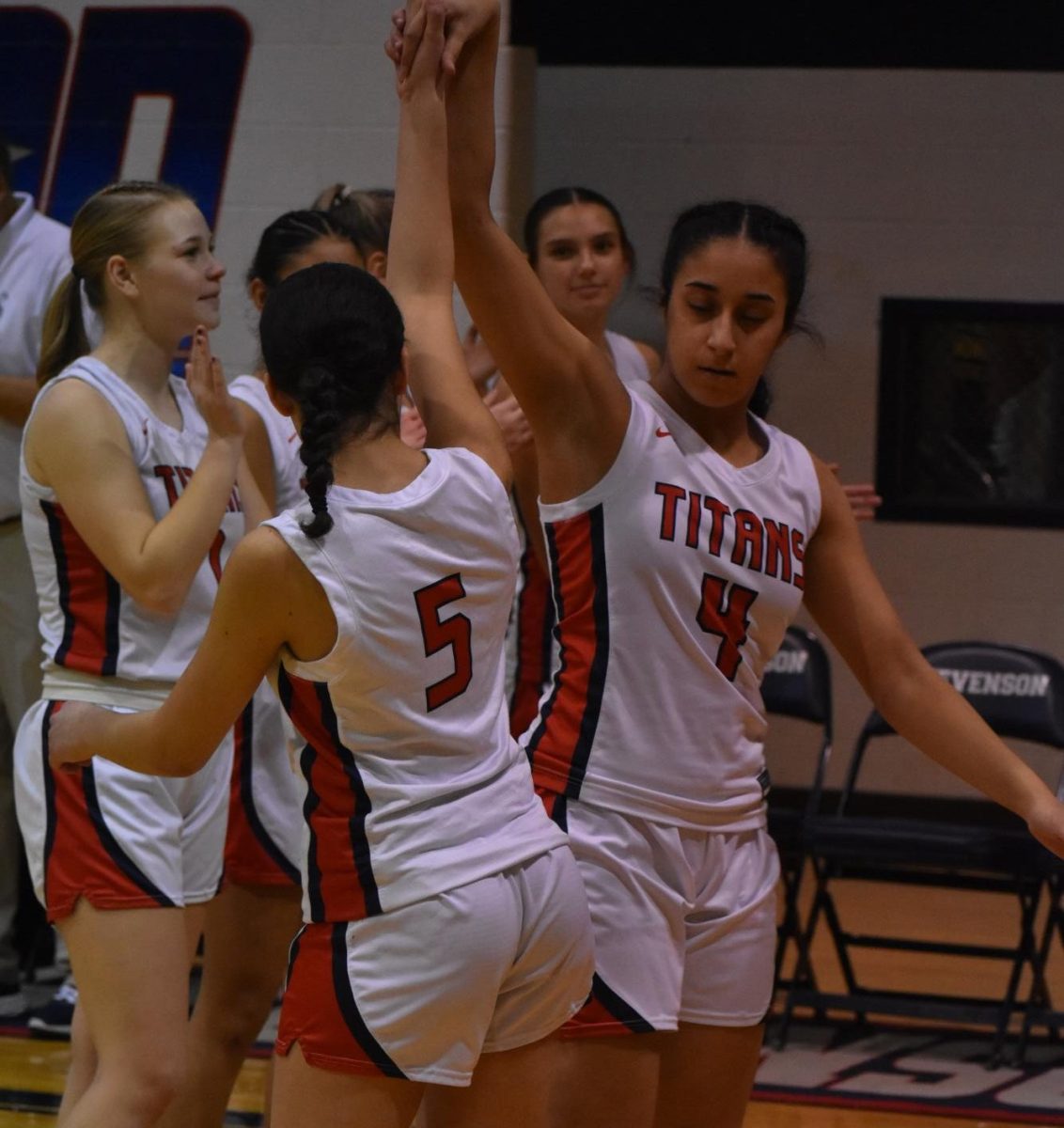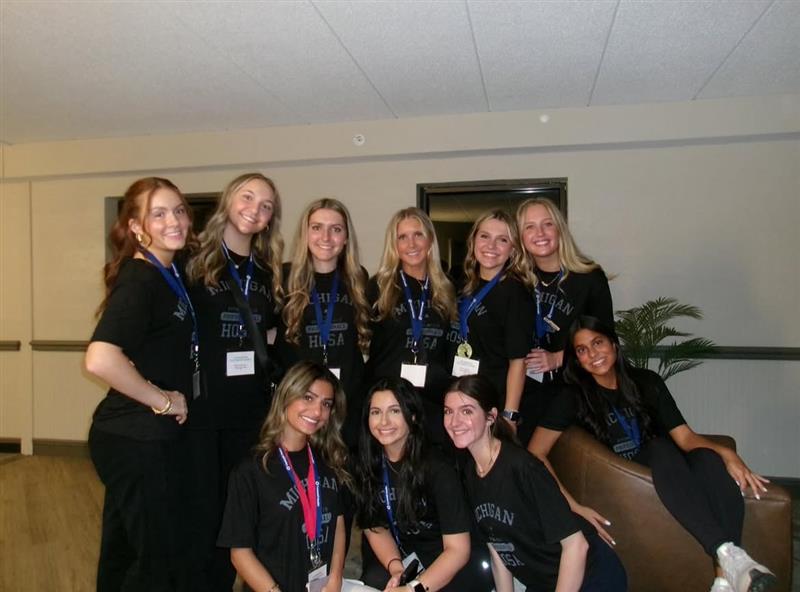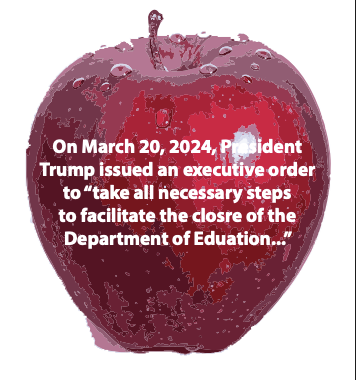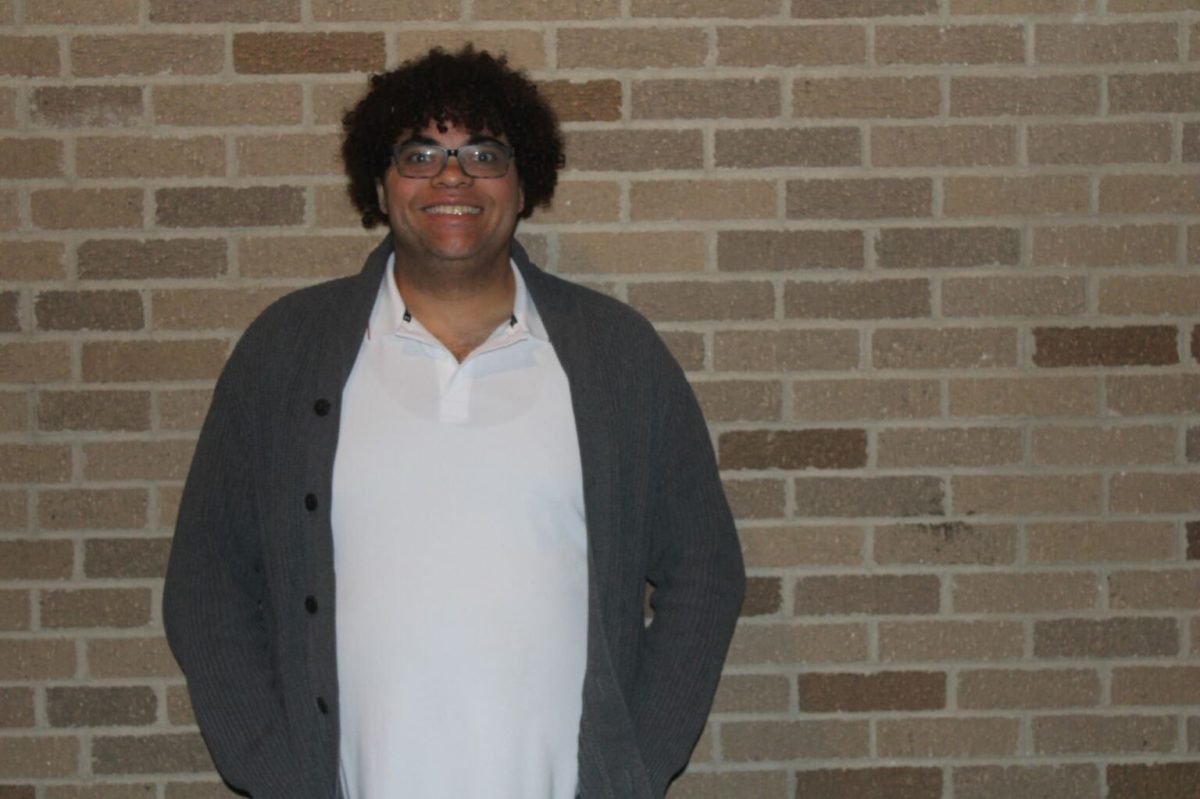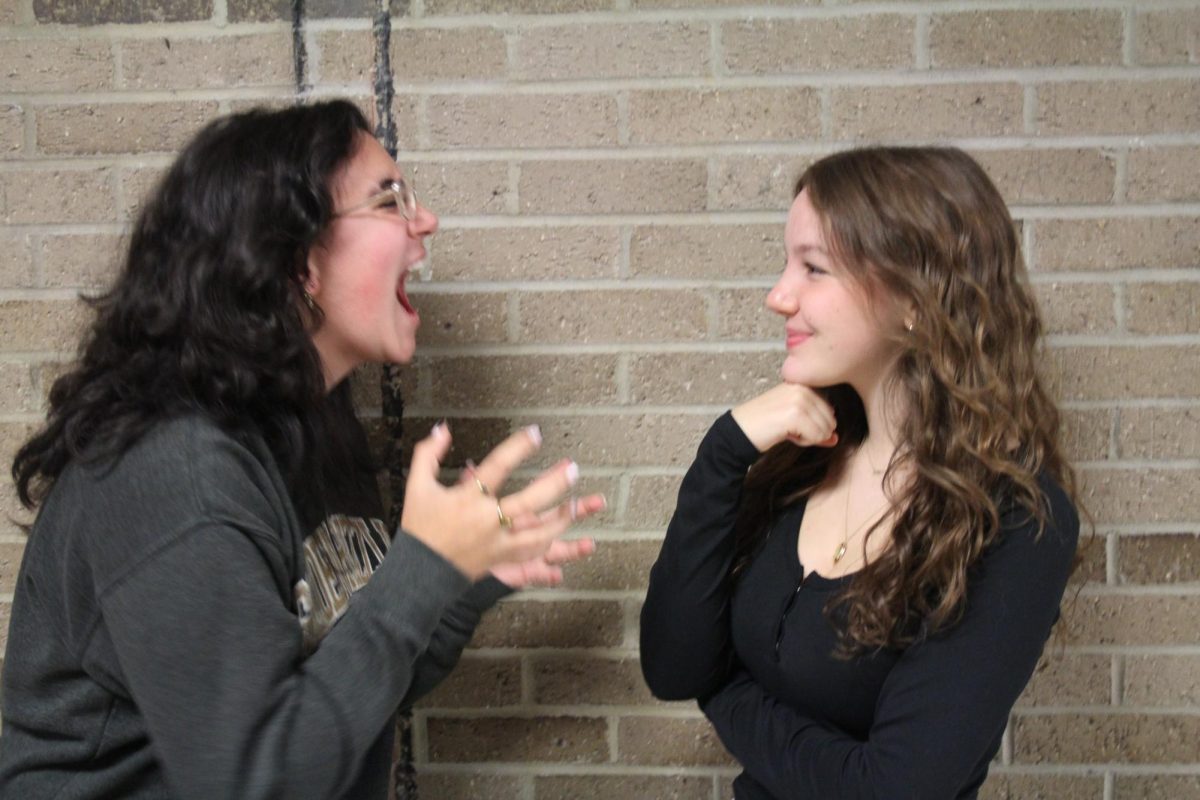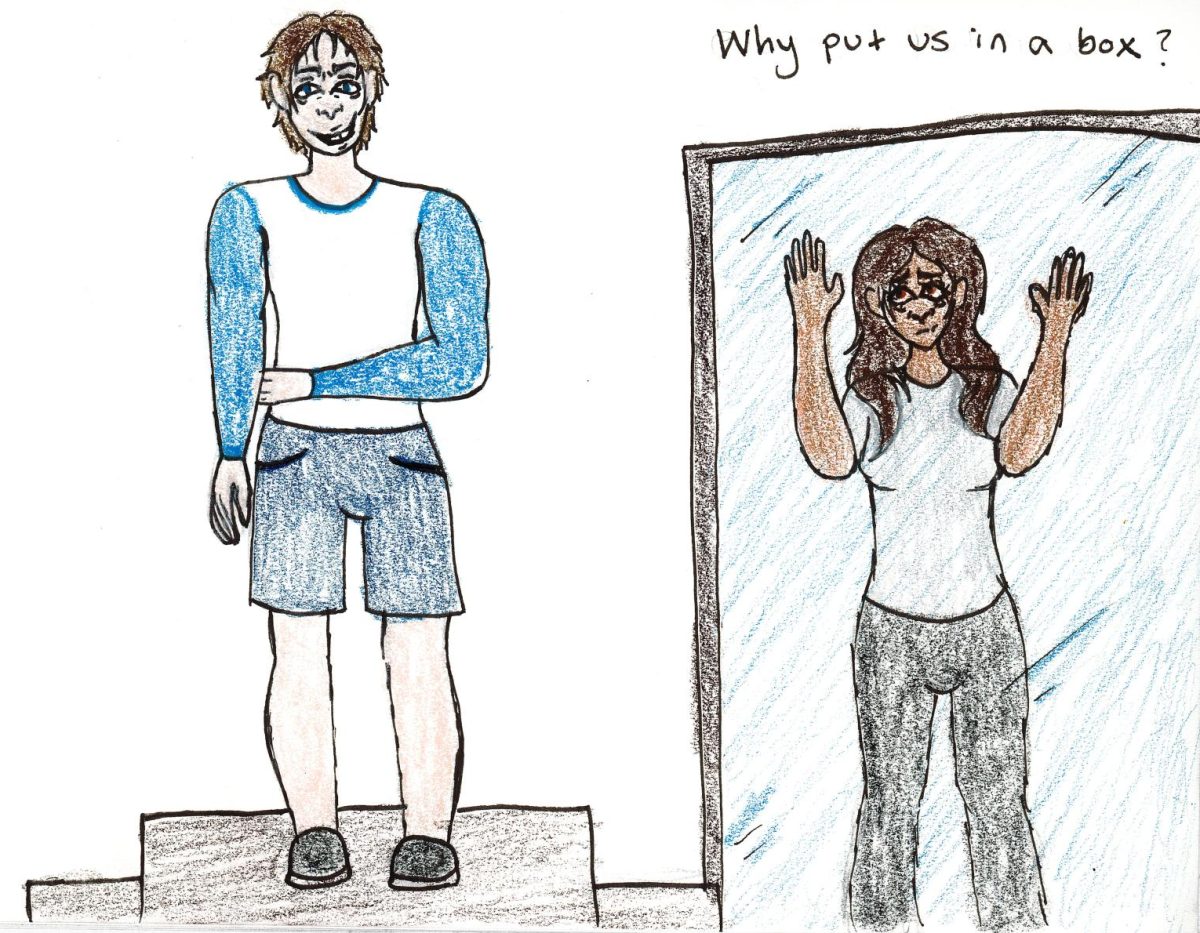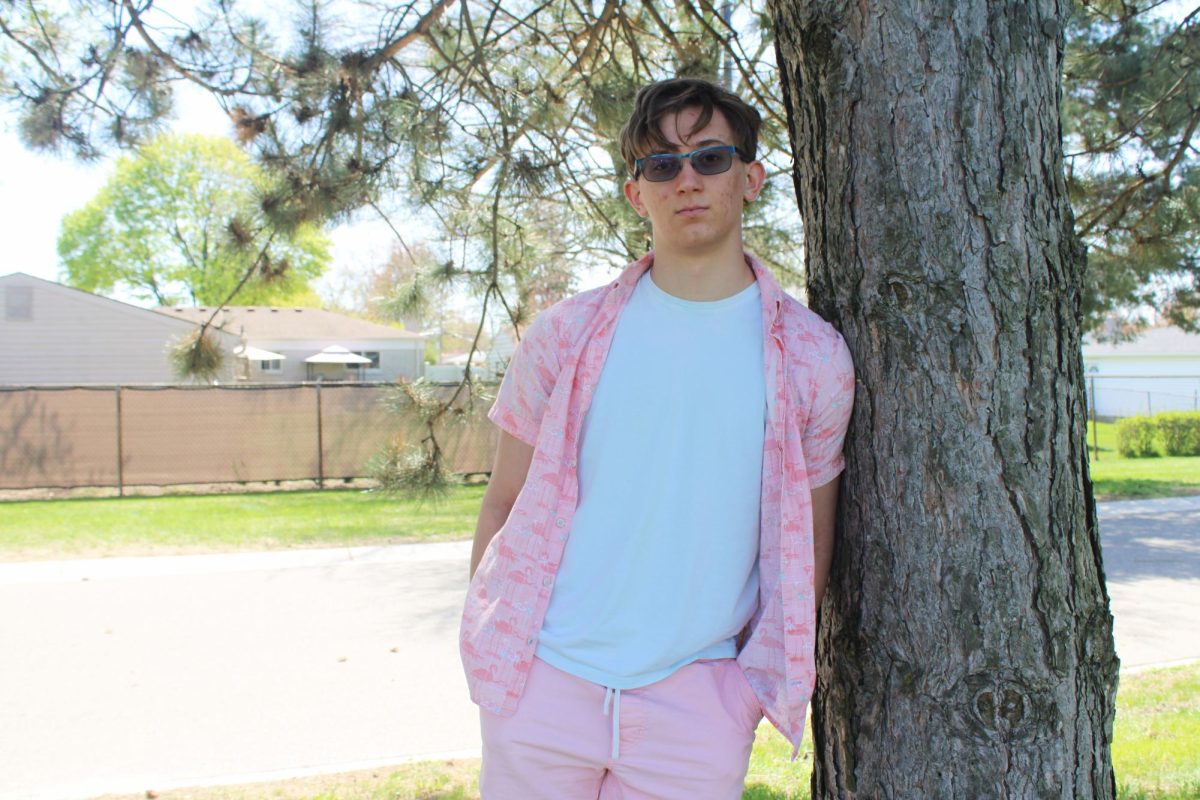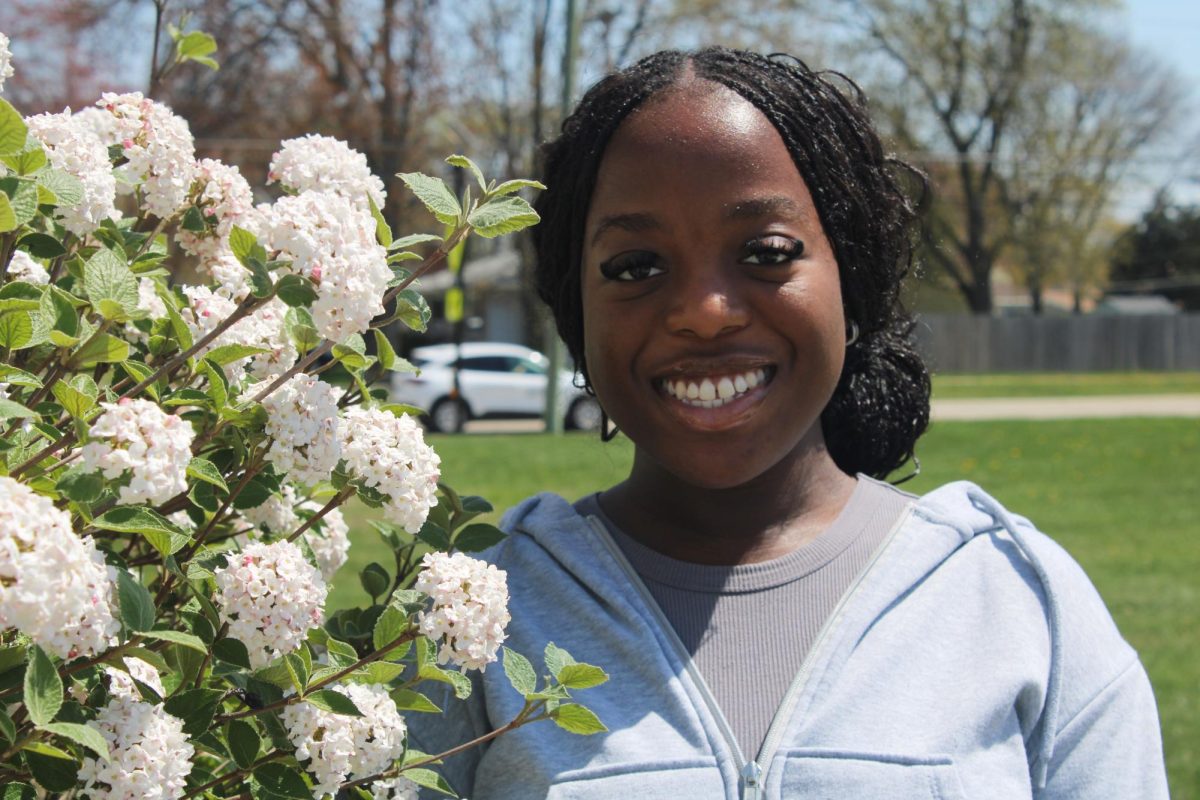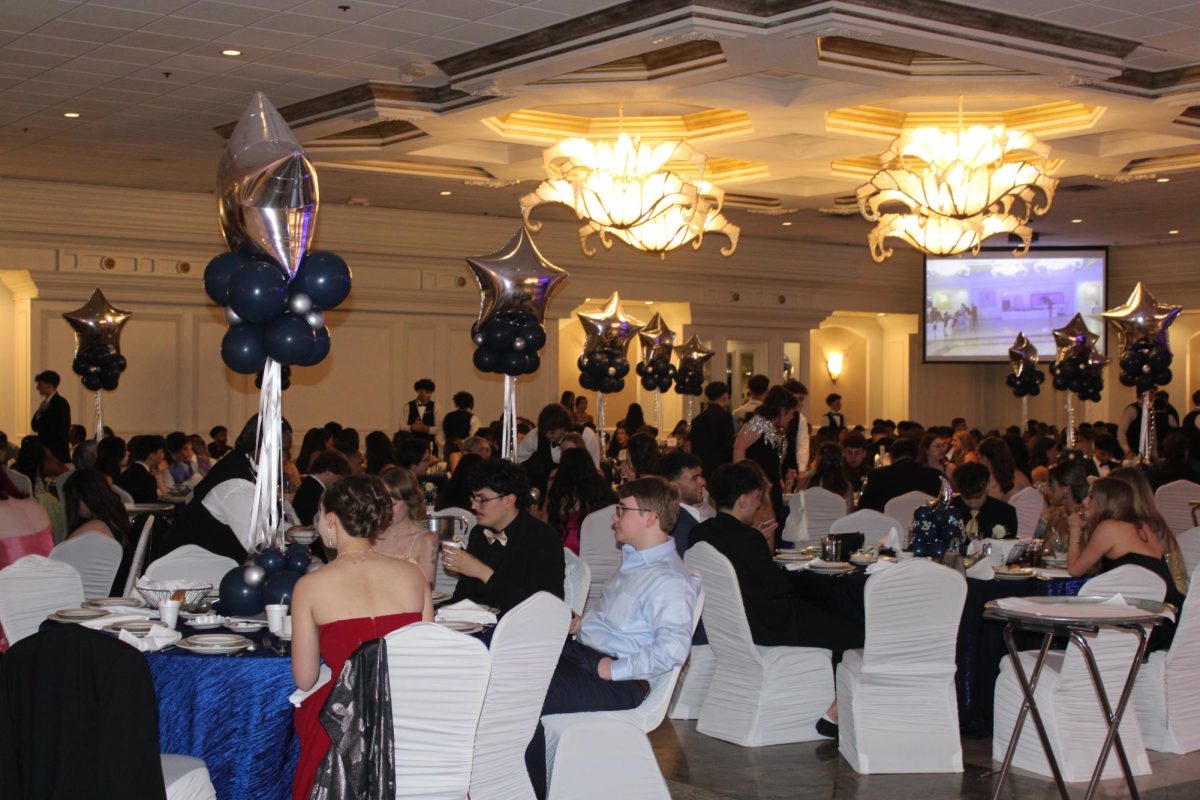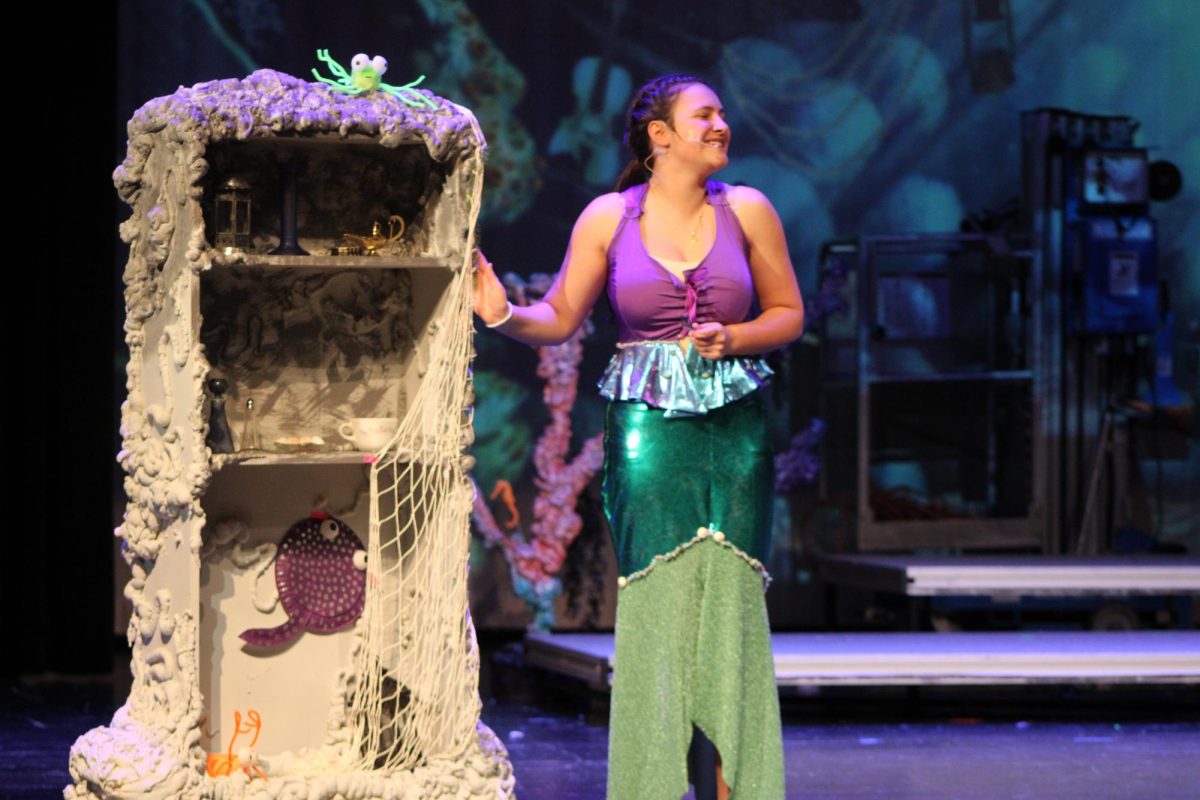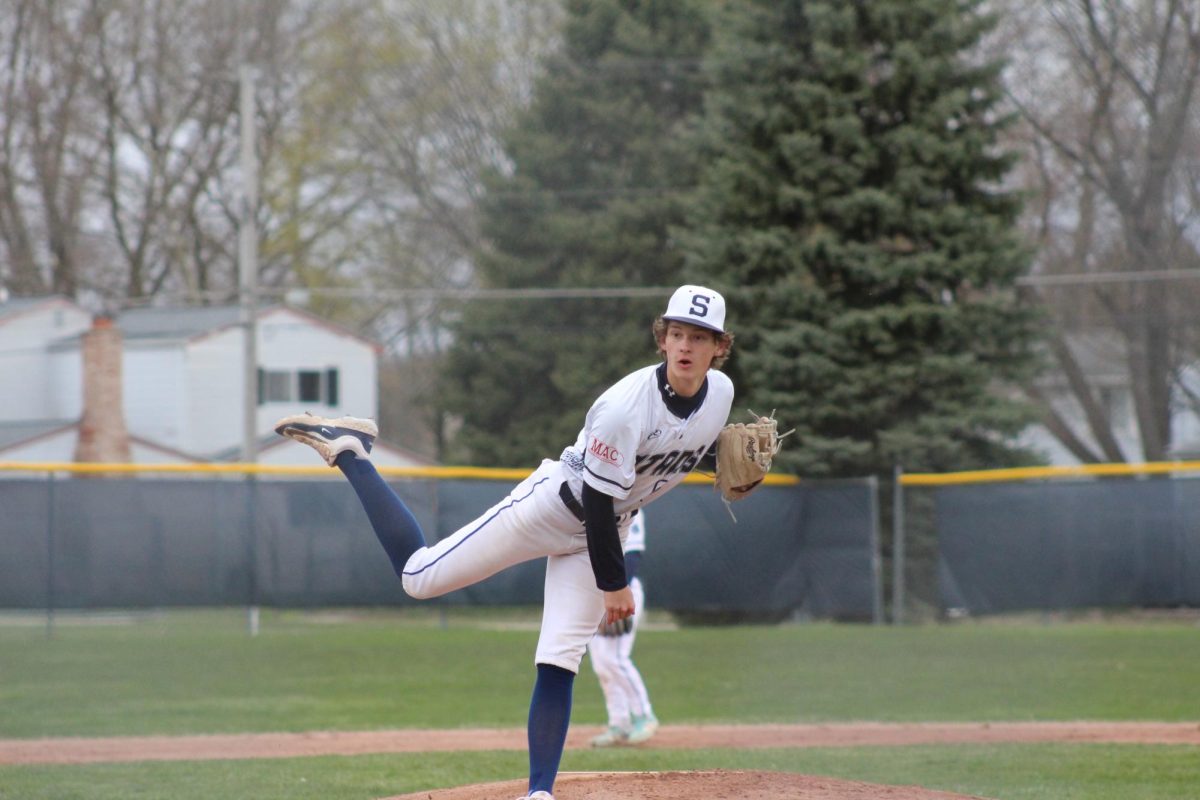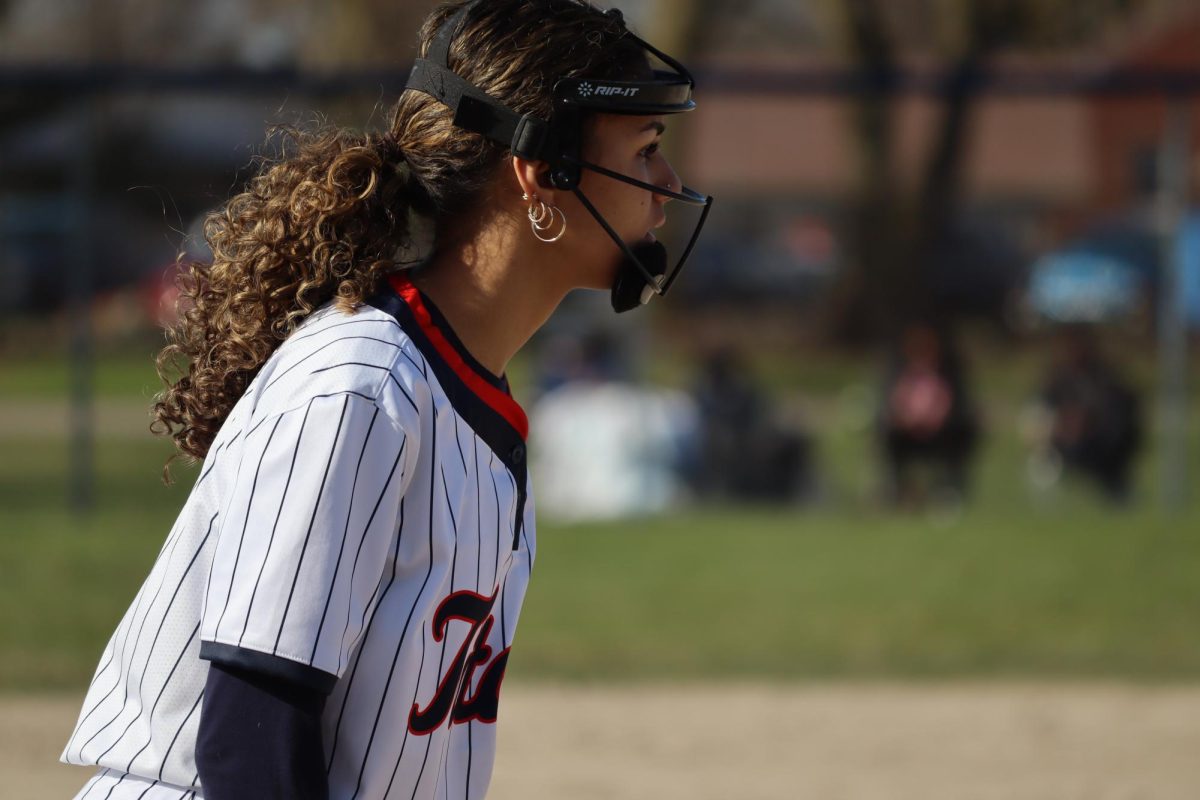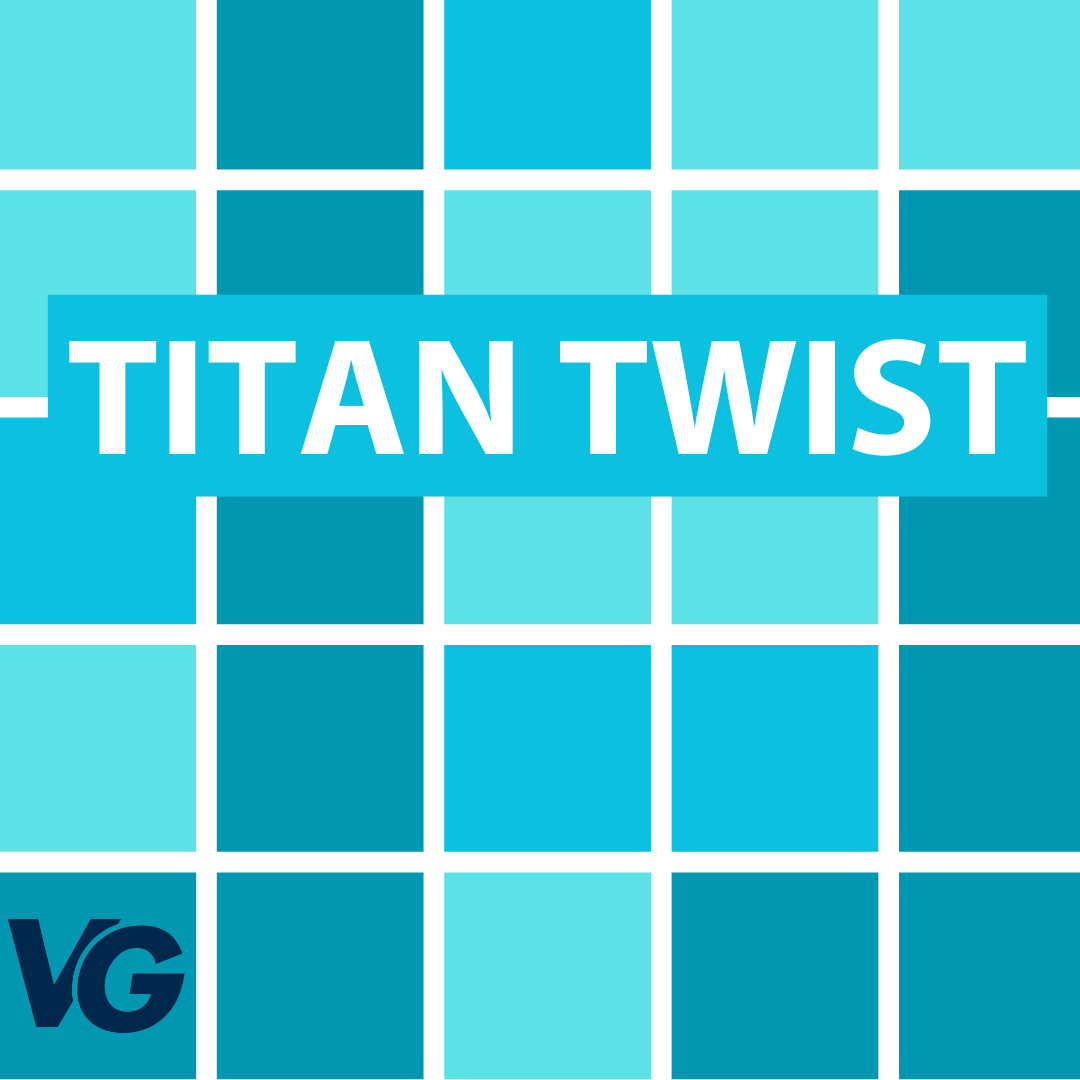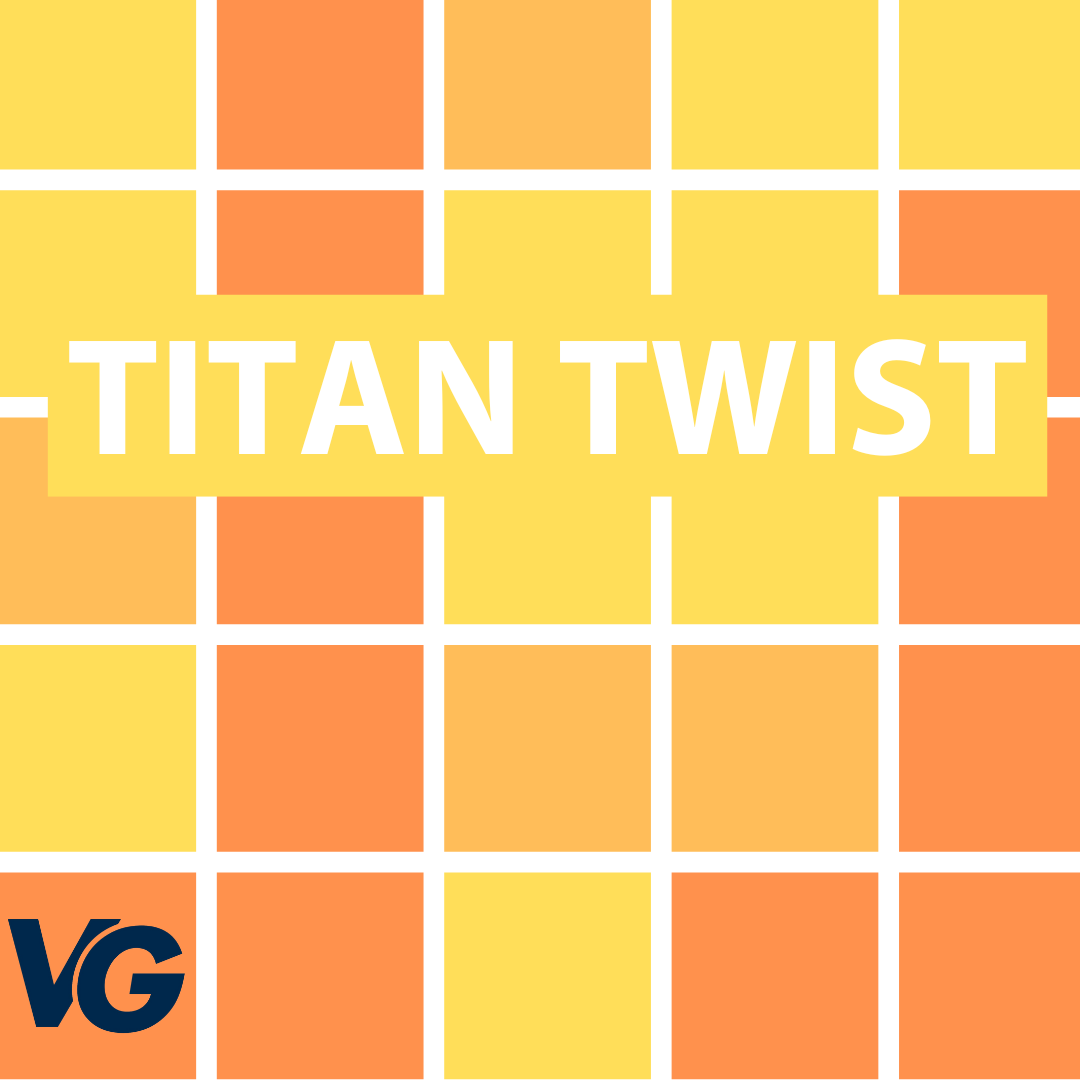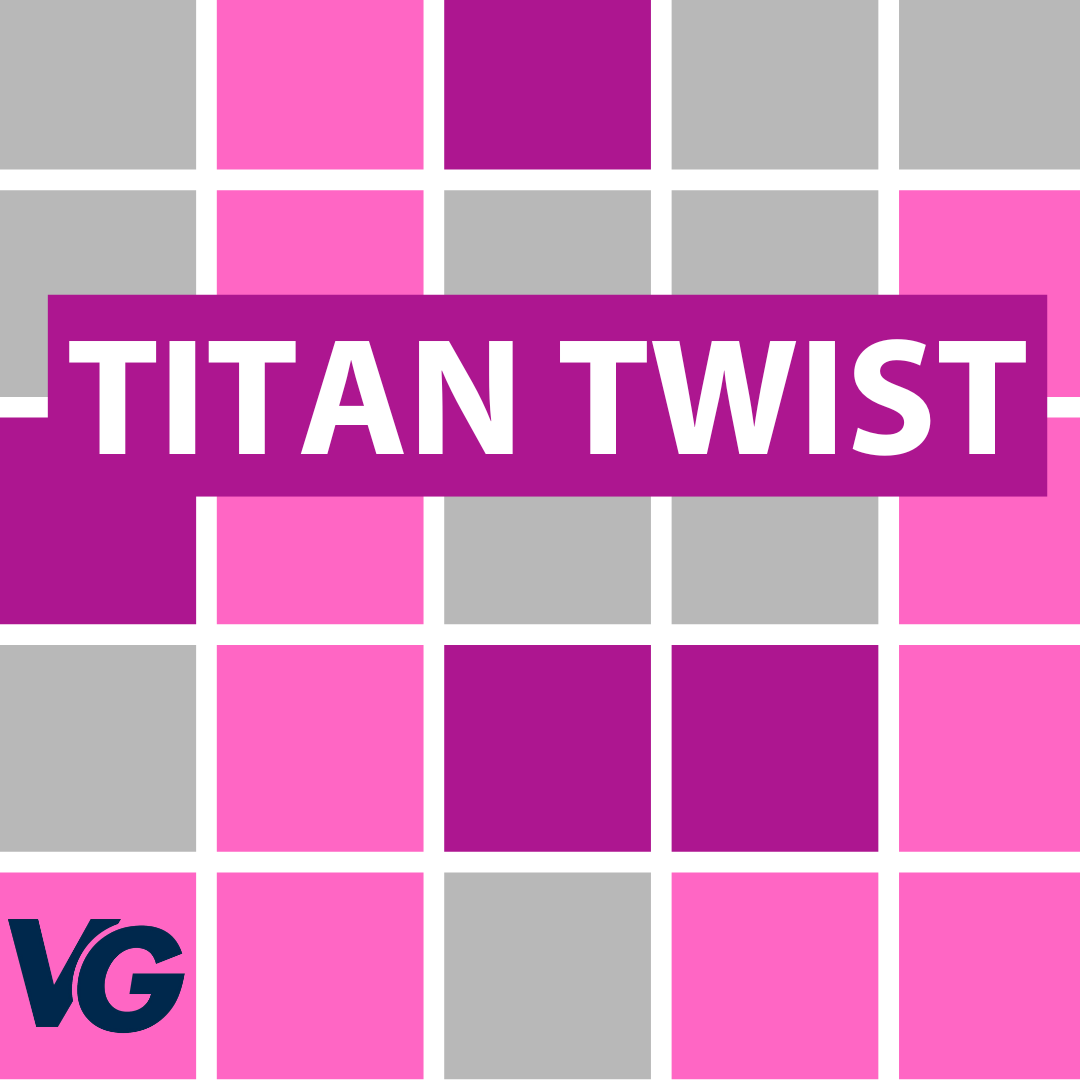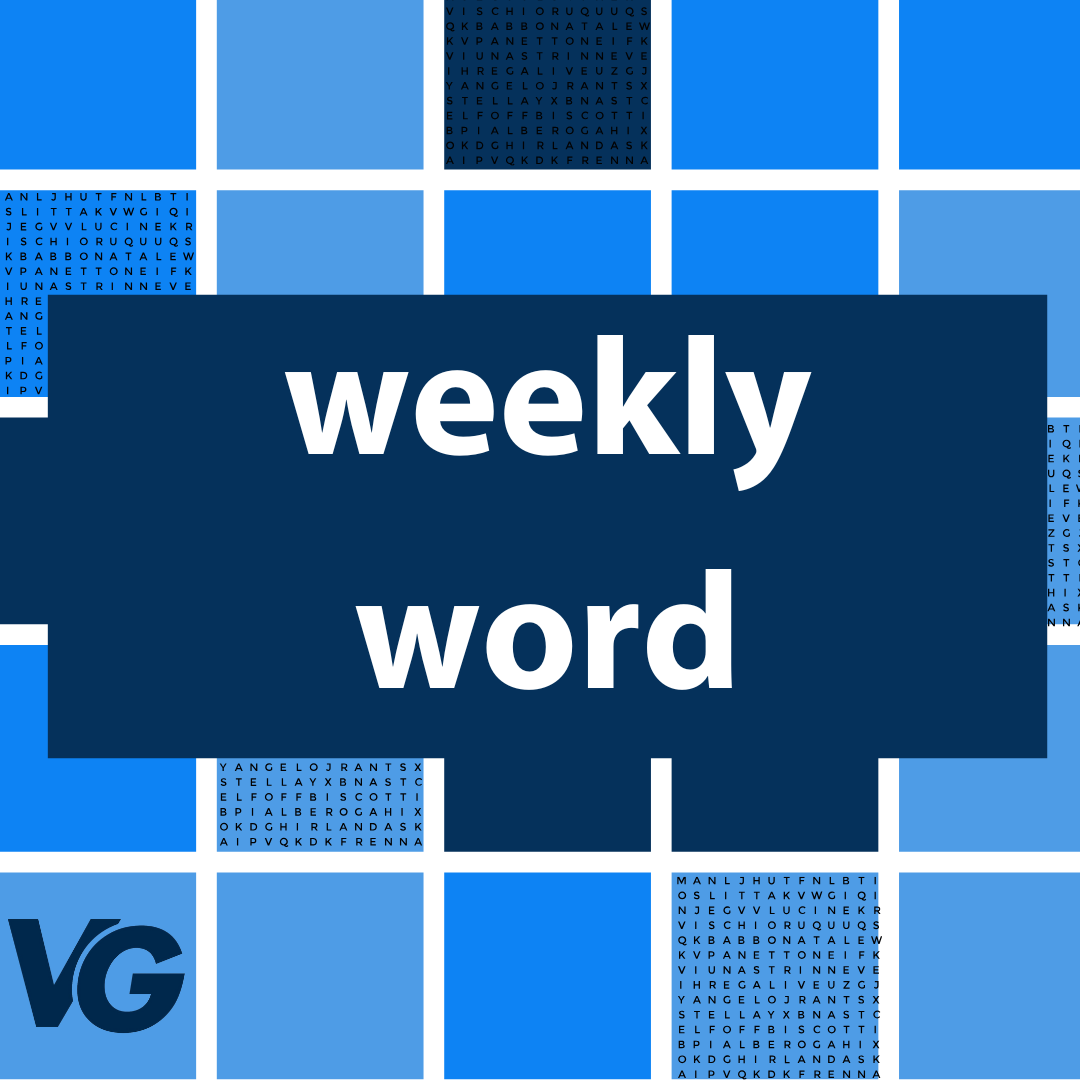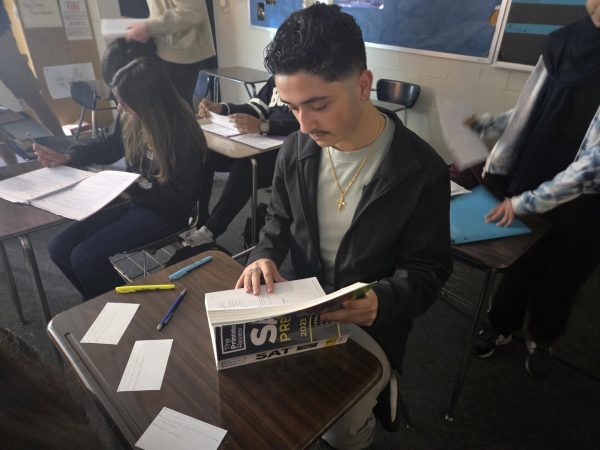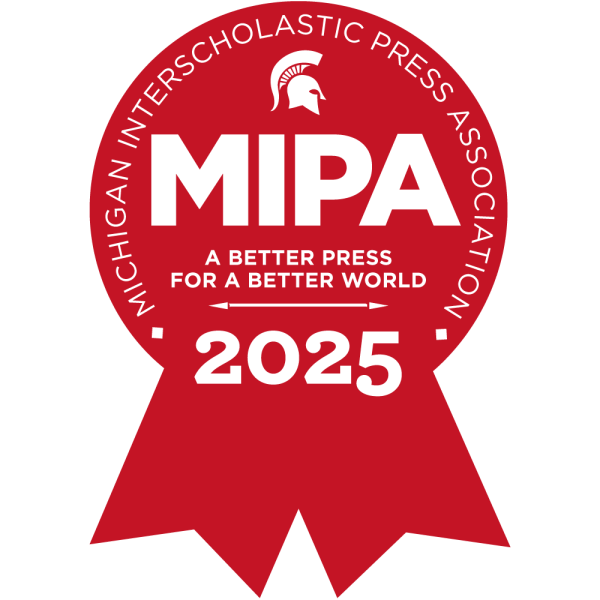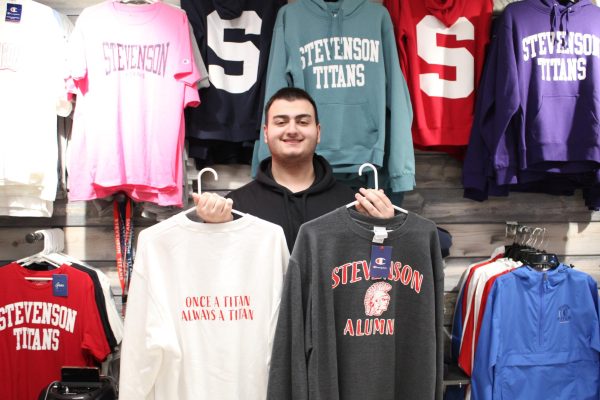Johnson & Johnson COVID-19 Vaccine Resumes After 11-Day Pause
Although Johnson & Johnson COVID-19 vaccine has been very controversial because of it’s slightly lower efficacy and risks of blood clots, it has been re-cleared for use in the United States after an 11 day pause.
The first COVID-19 vaccines on the scene were from Pfizer and Moderna. Both of these are mRNA vaccines which work by injecting messenger ribonucleic acid into the body. These messengers encode protein of the virus which triggers an immune response and creates antibodies without having the virus in the body in any form. They both require a booster shot after 3-4 weeks.
The Johnson & Johnson vaccine takes a small piece of genetic material that codes for COVID-19 and attached it to an altered adenovirus (common cold) that has been modified so that it cannot reproduce and make people sick. This vaccine only requires one shot and has been found to be 66.9 percent effective in preventing moderate COVID-19 infection, and 76.7 percent effective in preventing sever/critical COVID-19 infection resulting in hospitalizations or deaths, based on a study done by the Association of State and Territorial Health Officials.
The Food and Drug Administration and Center for Disease Control called for a temporary pause of the Johnson & Johnson vaccine after approximately six out of seven million women between the ages of 18-48 who had received it presented with a serious blood clotting disorder. This paused lasted 11 days and resulted in more adequate warnings on the Johnson & Johnson vaccine, and more protocols if someone presented with a blood clot. The pause was lifted because experts deemed that overall, more lives would be saved by the vaccine than might be impacted by the clots.
“I got the Pfizer COVID-19 vaccine because I want to be safe,” Autrina Saeidi ’22 said. “I feel that it is best to have more testing and modifications done to the Johnson & Johnson vaccine. Blood clots are a risk of birth control in women these ages, and many of them take birth control, so if the vaccine needs to be fixed, then that does, too. This does not affect my perspective of vaccines. They are effective and only a few people developed blood clots. The pause was good, but I still believe in vaccines and science.”
Some people feel safe with vaccines that have been through a long period of testing, but feel less comfortable with the COVID-19 vaccine that is so new.
“I have not had the vaccine,” Madeline Sweet ’23 said. “As of right now, I am not sure where my family and I stand on getting it. If I do decide to get it, it will be later on. I am just scared because the vaccine is still new and I want to see how it works first. I think that it is good that they stopped the Johnson & Johnson vaccine when they did to prevent more people from getting injured. Now that it has been restarted, I feel that it is still risky to have the vaccine out, but as long as they have careful protocols to make sure that people are not getting hurt or dying, then it is fine.”
The Johnson & Johnson vaccine scare has frightened some people away from getting that vaccine, or from getting the COVID-19 vaccine in general.
“I have not gotten the COVID-19 vaccine yet,” Kaela Esquivel ’22 said. “I do intend to get the vaccine because I believe that it will help slow the spread of COVID-19 cases and build immunity against the virus. I want to protect myself, those around me and my loved ones. If I had a choice, I would choose to get the Pfizer vaccine. I still believe that getting the COVID-19 vaccine is beneficial to our society, but I have more trust in the Moderna and Pfizer shots.”
Experts say that the Johnson & Johnson vaccine will likely be used again, after more testing can be done.
“Along with other proven protective actions like wearing a mask, watching our distance with others, washing our hands, and staying home when we are sick, COVID-19 vaccines represent the most effective way to protect you, your family, and others from the virus,” Andrew Cox, director and heath officer of the Macomb County Health Department said. “The Johnson & Johnson vaccine is what is called a viral vector vaccine. These use a modified version of a different virus to deliver important instructions to our cells. In clinical trials, the Johnson & Johnson vaccine delivered a sufficient immune response with a single dose. It is important to note that COVID-19 vaccine safety is a top priority for the CDC and FDA, and so all reports of health problems following COVID-19 vaccinations are taken seriously. There are systems in place to identify, investigate, and respond to potentially adverse events – even extremely rare ones. The pause of the vaccine is proof that these protective systems do work.”
For some people, the COVID-19 vaccine is a ray of hope for getting out of the pandemic.
“Although I have not gotten the vaccine yet, I do intend to as soon as it is available to my age group,” Emily Sakorafos ’23 said. “I think that it was smart to pause the Johnson & Johnson vaccine, but I am not worried about it yet. I might be more hesitant to get the Johnson & Johnson, especially if the problem gets worse. I think that my perception of vaccines is the same. It was to be expected to have some kind of complications, since the vaccine creation process was so rushed, but overall, I am not worried about the other vaccines. Even with the Johnson & Johnson vaccine, only an incredibly low percentage of people had complications. I hope that they can find a solution to make it safer.”
Your donation will support the student journalists of Stevenson High School - MI. Your contribution will allow us to purchase equipment and cover our annual website hosting costs.

